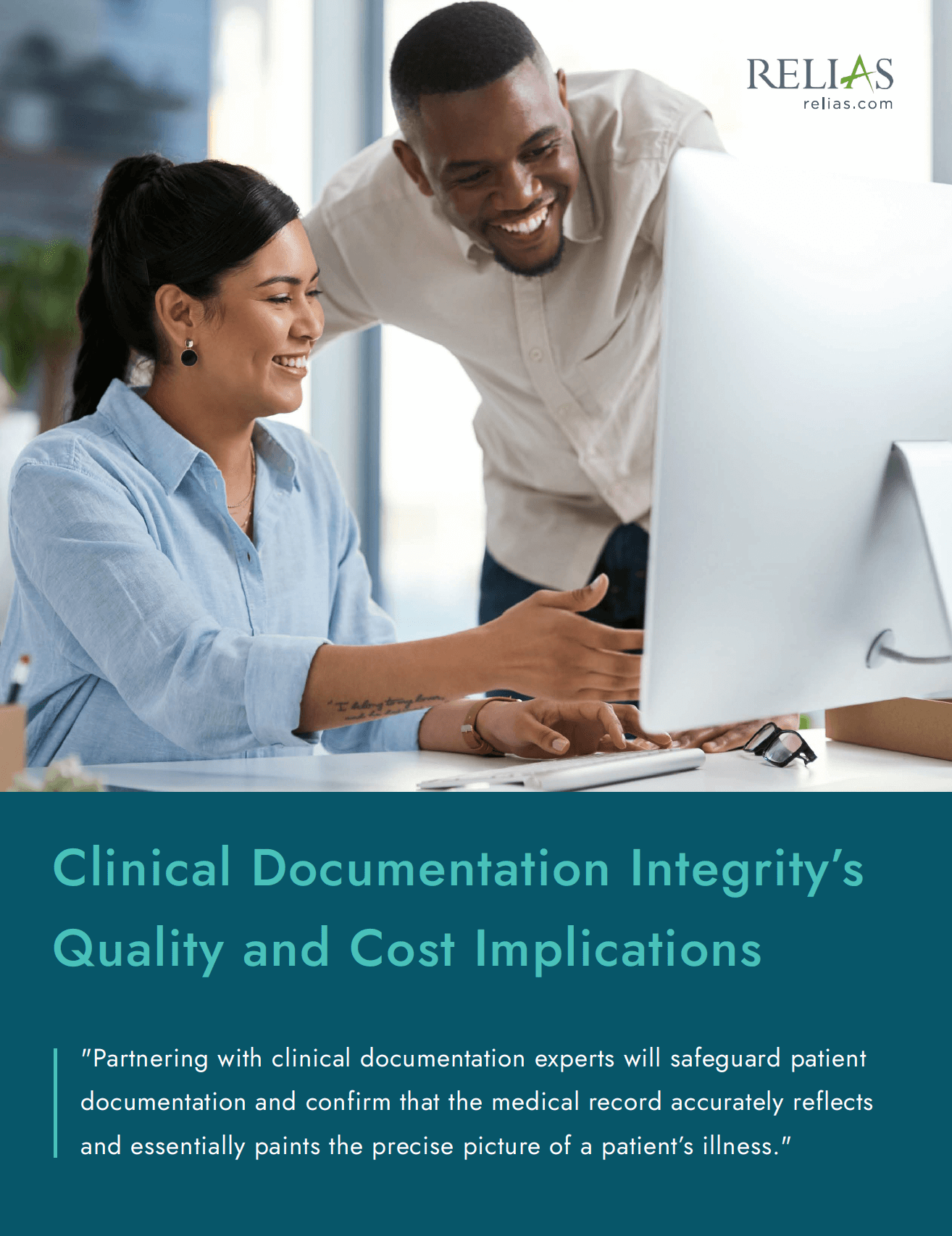Revenue cycle management (RCM) is the financial process that makes it possible for most healthcare organizations to fulfill their mission of providing quality care for patients and communities. Without it, these organizations cannot survive. Poor revenue management can cause many organizations to struggle and experience financial difficulties or even disruption of services.
RCM is the set of functions that comprise the capture, management, and collection of patient service revenue in a healthcare organization. Your staff should know how to handle every element in the process accurately and efficiently, starting when a patient first accesses the system and ending when the account is paid.
Many participants have a role to play in the revenue cycle, and at each stage they must employ their specialized knowledge of how that patient interaction and service is documented in the patient’s health record. Throughout the cycle, the possibility of errors looms if your staff isn’t up to speed on the complex coding demands and rules set by hospitals, insurers, and the Centers for Medicare and Medicaid Services.
Errors can add up to a significant amount of lost revenue over time through claim denials, inaccurate or incomplete reimbursements, prior authorization issues, incomplete physician documentation, and incorrect coding. In addition, coding requirements, regulations, and medical billing systems are subject to change, requiring your new and existing staff members to update their knowledge and skills at regular intervals to avoid mistakes that can lead to lost reimbursements.
How Clinical Documentation Integrity Affects Revenue
According to the Change Healthcare 2020 Denials Index, in an analysis of 102 million transactions from over 1,500 hospitals valued at $407 billion, denials exceeded 11.1% of claims between 2016 and the third quarter of 2020. Denial rates were even higher in areas of the U.S. affected by the highest first-wave COVID-19 outbreaks.
Notably, the analysis revealed that half the denials were caused by issues in the early stages of the revenue cycle — including registration, eligibility, authorization, and coverage — with registration and eligibility issues equating to nearly 27% of the total.
Two of the most sobering findings — that 86% of denials could have been avoided and nearly one-fourth of those were not recoverable — indicate that accurate clinical documentation is critically important to a healthcare organization’s bottom line.
To add further urgency to the problem, Change Healthcare found that denials rose each year from 2016 through the beginning of the COVID-19 pandemic in 2020. Most pointedly, the top reasons cited include a lack of experience and expertise on the part of healthcare staff, staff attrition and shortages, a lack of training and education, a lack of RCM strategy, and difficulty keeping up with regulatory changes — problems that a robust clinical documentation integrity (CDI) program can help eliminate.
CDI Affects More Than Financial Health
Optimizing revenue cycle management is important not only for a healthcare organization’s financial health but also correlates closely with several other key organizational imperatives:
- Having complete patient health records with accurate identifying information, diagnosis and service codes, physician’s notes, and other documentation helps ensure that your organization consistently delivers a high standard of care.
- Improving accuracy and efficiency translates to less time spent on RCM. Having fewer problems and denials leads to less time spent on resubmissions and appeals — time that could be spent on other important operational processes.
- In a climate where healthcare staff retention is a critical issue, CDI improvements can eliminate on-the-job frustrations and problems for already overworked staff. Greater job satisfaction means less staff burnout and turnover.
- Documentation tells the story of each patient, staff member, department, and of the organization as a whole. Patterns and trends can emerge but only if the data is complete and accurate.
How CDI Affects Your Organization’s Quality of Care
A well-trained clinical documentation integrity team will use consistent processes to deliver accurate claims, which will reliably result in full reimbursement for services. But the benefits go beyond that, enabling your organization to provide a higher quality of patient care.
For example, when a single adjective in a clinician’s notes can differentiate two similar procedures, more complete notes can translate to a different diagnosis code, which in turn can translate to a different reimbursement level. CDI teams that have the training to quickly identify and capture details such as these will save their organizations hundreds if not thousands of dollars in revenue.
More complete documentation also helps your organization monitor and track the level of care you provide with detail and accuracy. This offers a better total feedback loop for both clinical and administrative staff, leading to a superior picture of patient experiences and outcomes. Without correct documentation, not only do you lose potential revenue but also data that could aid reporting and resource allocation to benefit future patients.
The accuracy of delivered and documented care goes hand in hand with patients’ wellbeing and the organization’s financial health — and both can be achieved with a high level of CDI.

Clinical Documentation Integrity’s Quality and Cost Implications
A lack of continuing education for your staff could be putting both your patients and your bottom line at risk. Training is crucial for keeping your staff current on the payer, coding, regulatory, and legislative requirements of the revenue cycle. Find out how clinical documentation integrity affects both quality and cost, impacting the overall health of your organization.
DOWNLOAD WHITE PAPER →





